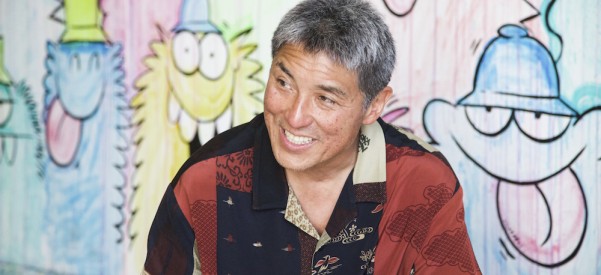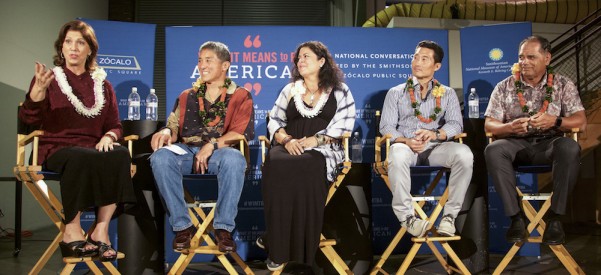The Native Americans Who Drew the French and British Into War
The Anishinaabeg Played an Outsized Role in World Affairs
When a young George Washington approached the forks of the Ohio River in the spring of 1754, he was nervous. The previous year, as he scouted the area that would become Pittsburgh to contest French claims to the region, he came across seven scalped settlers. His escorts told him it was the work of a group of Indians allied with the French. Returning to the area a year later, he heard that hundreds of those same Native Americans were on …











